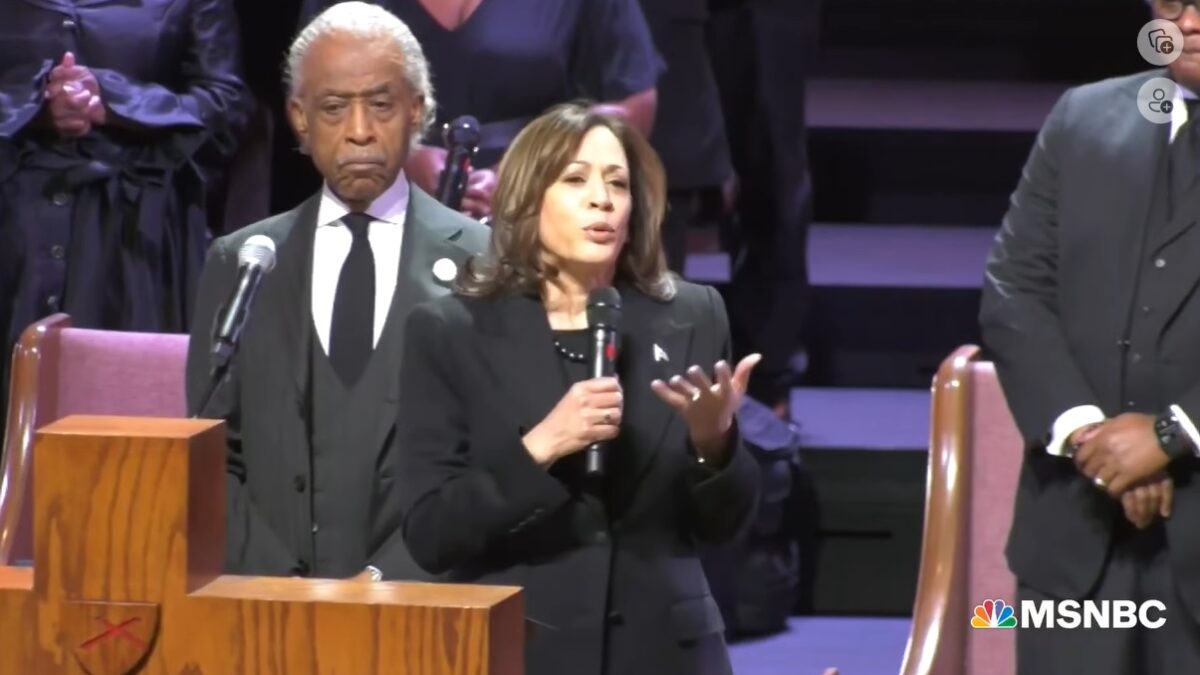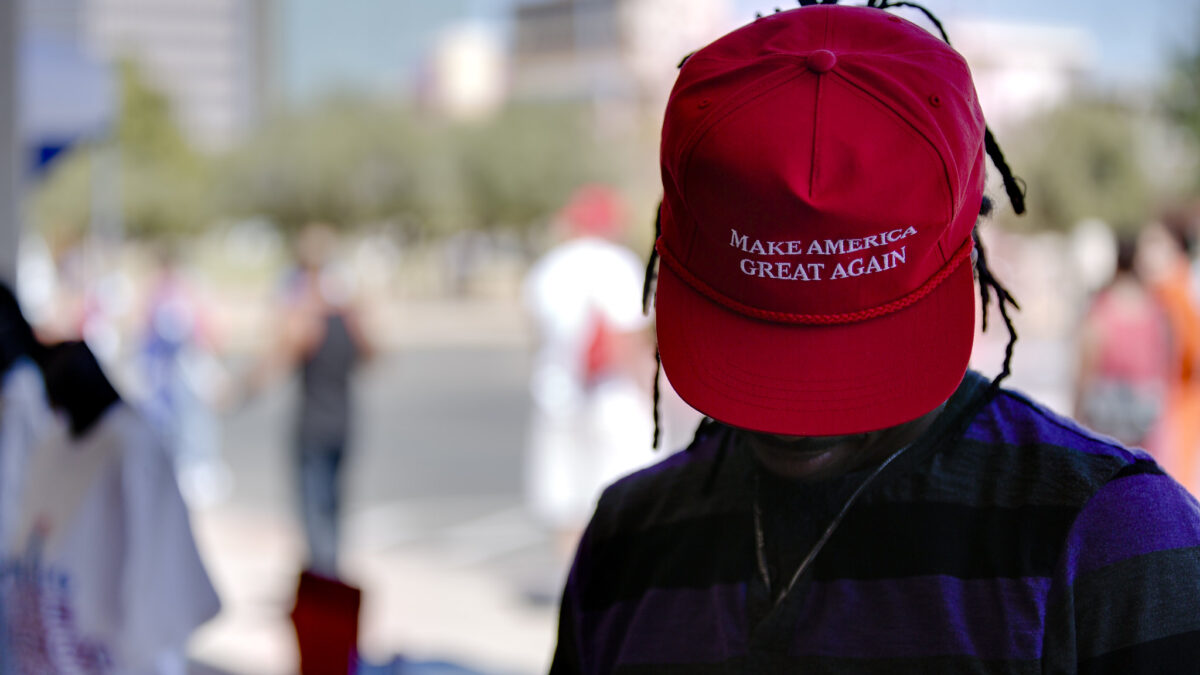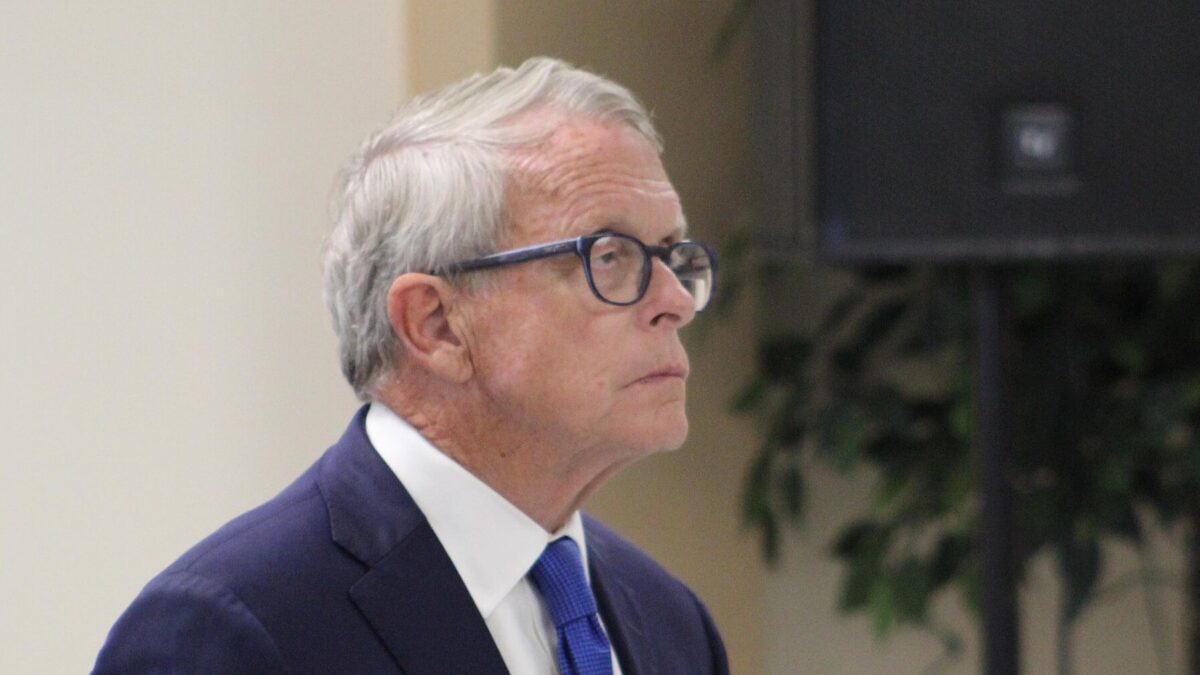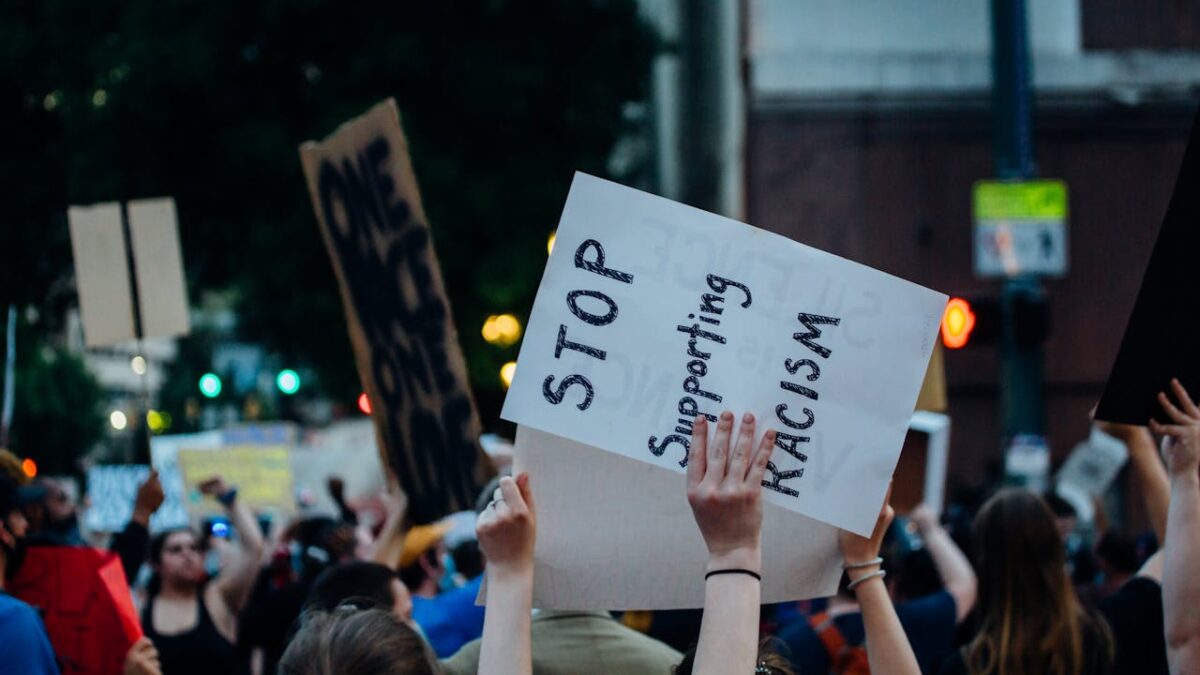Kamala Harris knows she would never win a presidential primary in the Democratic Party with last cycle’s nominating calendar. So, at the behest of the White House, party leaders changed it.
After struggling in New Hampshire throughout the summer of 2019, Harris was caught confiding in Hawaii Democratic Sen. Mazie Hirono that she was “f-cking moving to Iowa.” By November, the California senator had doubled down on her commitment to the Hawkeye state as her path to the Oval with a CBS News interview.
“I’m all in on Iowa,” she said. “I’m all in… I’m practically living in Iowa to do the work that is necessary.”
Harris dropped out of the race just a month later as her low poll numbers continued to sink.
Once caucus day arrived, President Joe Biden didn’t do well either. In fact, no candidate did well after the prize of publicity that usually follows victory in the first nominating contest was spoiled by turmoil over how the caucuses were conducted. By the time a conclusive winner was announced, the nation’s attention had already turned to New Hampshire.
The Biden campaign also struggled in the Granite State, where he placed a distant fifth behind Vermont Sen. Bernie Sanders, future Transportation Secretary Pete Buttigieg, Minnesota Sen. Amy Klobuchar, and Massachusetts Sen. Elizabeth Warren.
South Carolina was the site of the former vice president’s comeback. Biden’s first-place win by nearly 30 points over the next candidate was followed by a cascade of endorsements from former rivals who dropped out of the race to get behind the new frontrunner. By the spring, Biden had wrapped up the nomination.
The 2020 Democrat primary showcased the challenges Vice President Harris would face if she gave a White House run a second shot, especially as her public image suffers in the Biden administration.
On Monday, even The New York Times admitted the vice president’s unpopularity within the Democratic Party.
“Members of Congress, Democratic strategists and other major party figures all said she had not made herself into a formidable leader,” the Times reported.
The paper pointed out that Harris’ job approval remains 3 points lower than the president’s, according to data from FiveThirtyEight.
Harris remains even less popular than her predecessors. According to an outline of national opinion polls by the L.A. Times last month, Harris’ net favorability is 14 points below Mike Pence, 17 points below then-Vice President Biden, 44 points below Dick Cheney, and 41 points below Al Gore at the same point in their tenures.
Vice President Harris’ inability to speak articulately has caused routine embarrassment for the White House. Just last month, Harris offered one of her latest word salads at an event on climate change at the University of Michigan.
“I think of this moment as a moment that is about great momentum inspired by yes, optimism,” she said, “but inspired by also our collective ability to see what can be unburdened by what has been.”
The nonsensical speeches are such a common occurrence that Harris has shown herself to be everything the media warned Sarah Palin would be in 2008: Ignorant, extreme, unprepared, and merely one 71-year-old’s heartbeat away from the presidency. Except President Biden is 80.
Harris’ own assignments in the administration, meanwhile, haven’t earned her any more credibility to command the Oval Office. The southern border remains a mess, and her work on “voting rights” has really just been a push for one-party rule.
Last week, the DNC made it official that South Carolina would replace Iowa, the traditional midwestern presidential launch pad, as the first contest in the 2024 primary. Of course, the move highlights the Democratic Party’s embrace of coastal elitism. Not one member of the Democrats’ House leadership team is from the Midwest, and now, the region will lose its influence in the presidential nominating contest.
The calendar switch is not only an insurance policy for President Biden to avoid an embarrassing primary defeat should he choose to run again, but it’s a favor to Harris for a bid in 2028 if not next year. South Carolina is home to a majority black electorate in the Democratic Party, a key constituency for the first black woman to serve as vice president.









